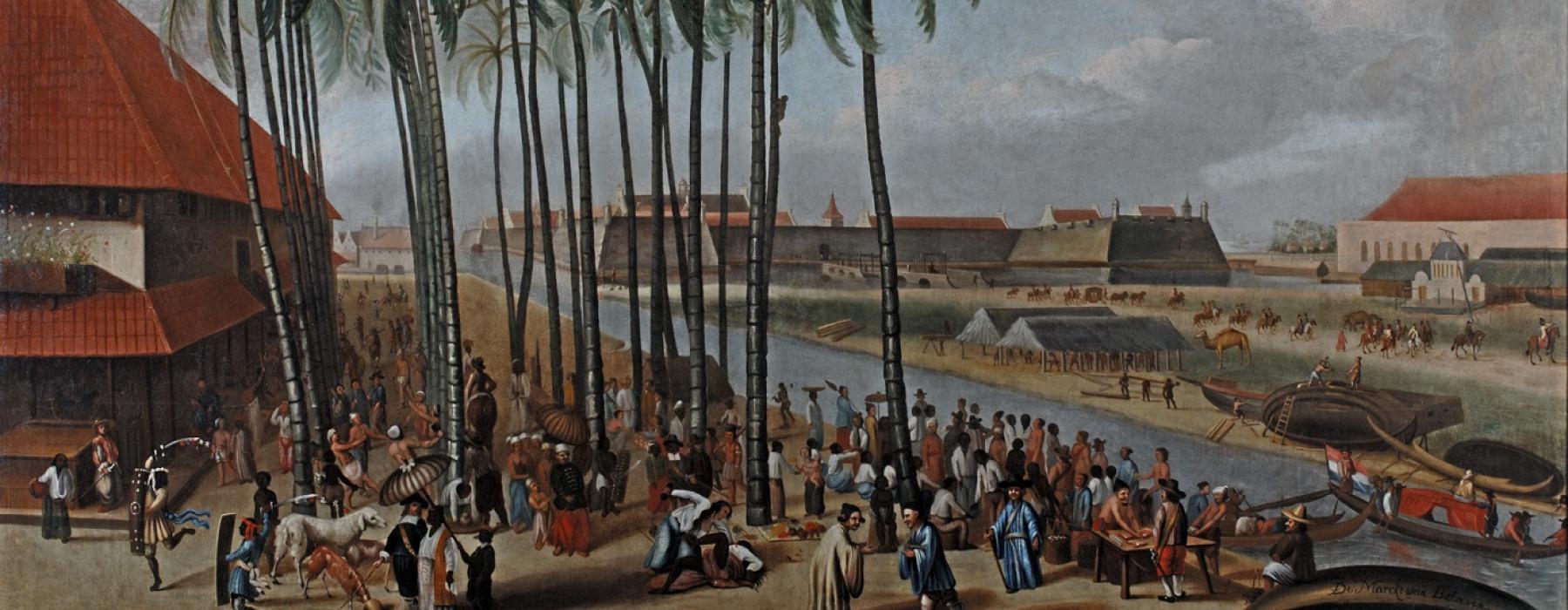
Colonial injustice involves practices of assimilating the colonized into the worldviews of the colonizers, entailing the destruction, subordination, or marginalization of the languages, cultures and histories of the colonized. Modern museums of civilization contributed to such injustices in collecting, organizing, and presenting material culture into a narrative based on stages of human culture that constitute the march of civilization. What is the contemporary responsibility of such museums with respect to their imperial origins, and to their continued role in reproducing colonial alienation? In previous work, Lu has argued for three strategies of redress of colonial injustice: decolonization, decentering, and disalienation.
In this talk, Lu focusses on the problem of existential alienation experienced by the colonized, consisting in the loss of an agent’s appropriative powers that is precipitated by the collapse of social frames of meaning that structure her conceptions and pursuit of authentic and meaningful forms of flourishing. Such existential alienation was produced through unjust domination, but redressing such alienation requires more than decolonization, in the historic form of colonizers returning self-determination rights to the colonized. Museums can redress persisting colonial alienation in a variety of ways, including by supporting indigenous nonalienation, and by stimulating the disalienation of its audience from colonial constructions of the self and the social world.